Indigenous Governance Database
inherent rights
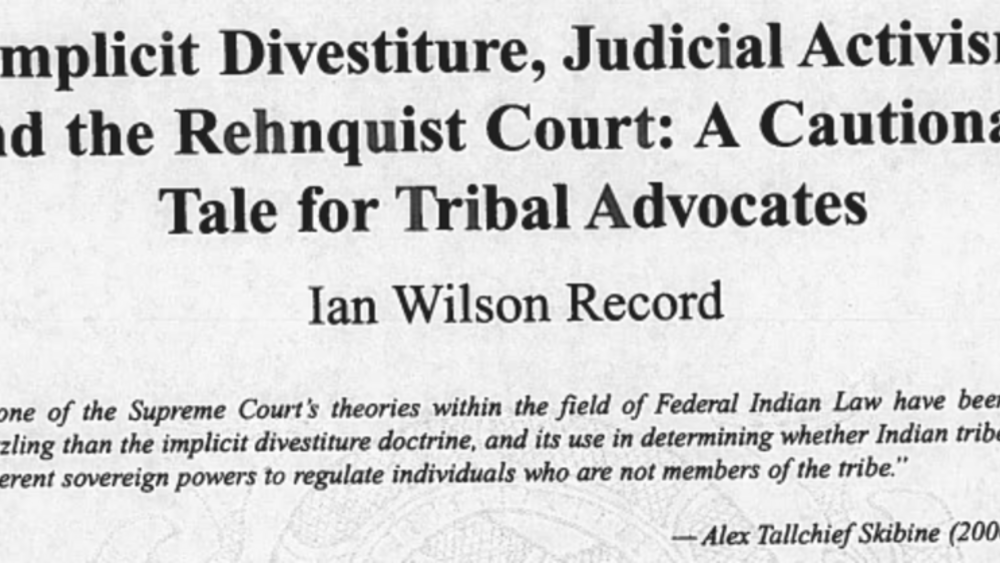
Implicit Divestiture, Judicial Activism and the Rehnquist Court: A Cautionary Tale for Tribal Advocates
Many tribal advocates have likened the legal corpus known as Federal Indian Law to a pendulum that swings back and forth under the forceful hand of the United States government and its political inclinations at any given moment. While this swinging pendulum has brought great uncertainity and…
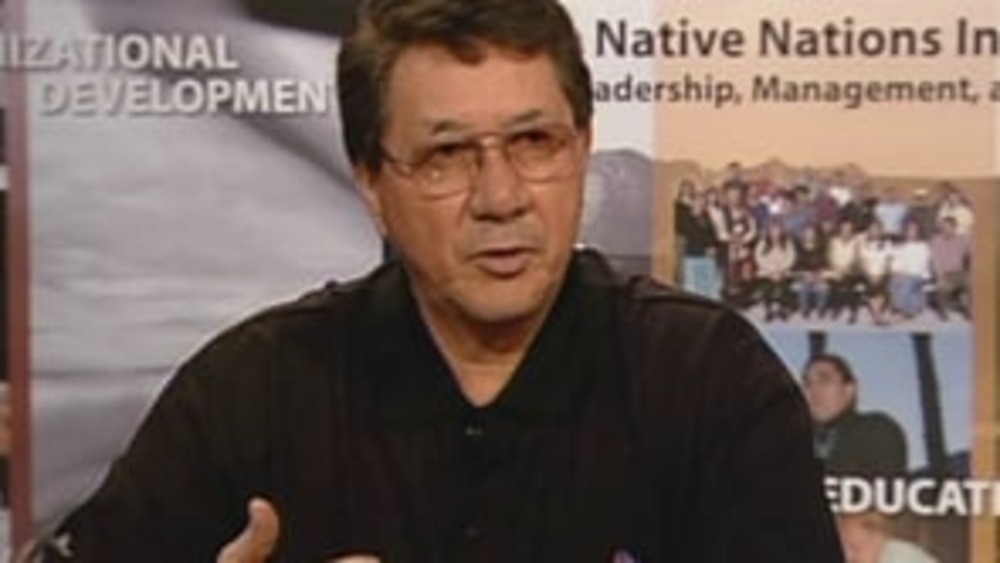
NNI Indigenous Leadership Fellow: Michael Kanentakeron Mitchell (Part 1)
Grand Chief Michael Mitchell of the Mohawk Council of Akwesasne provides an overview of the nation-building work his nation has engaged in over the past four decades, from its decision to move away from the Indian Act to its systematic development of capable governing institutions designed to…
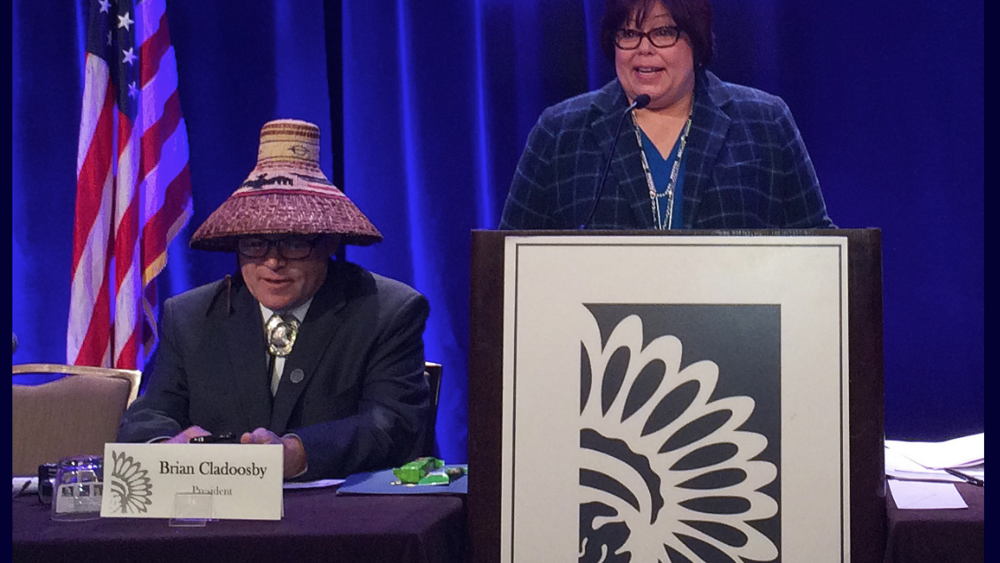
Tribes reach key milestone with jurisdiction provisions of VAWA
The tribal jurisdiction provisions of the the Violence Against Women Act became effective nationwide on Saturday, clearing the path for non-Indians to be held accountable for abusing their Indian partners. Congress enacted S.47 to recognize tribal authority to arrest, prosecute and punish non-…

The Legacy of the Doctrine of Discovery
Let's Talk Native Radio program host John Kane discusses the implications of asserting the Doctrine of Discovery on Native lands and the role that treaties play in recognizing and affirming the inherent sovereignty of Native nations.
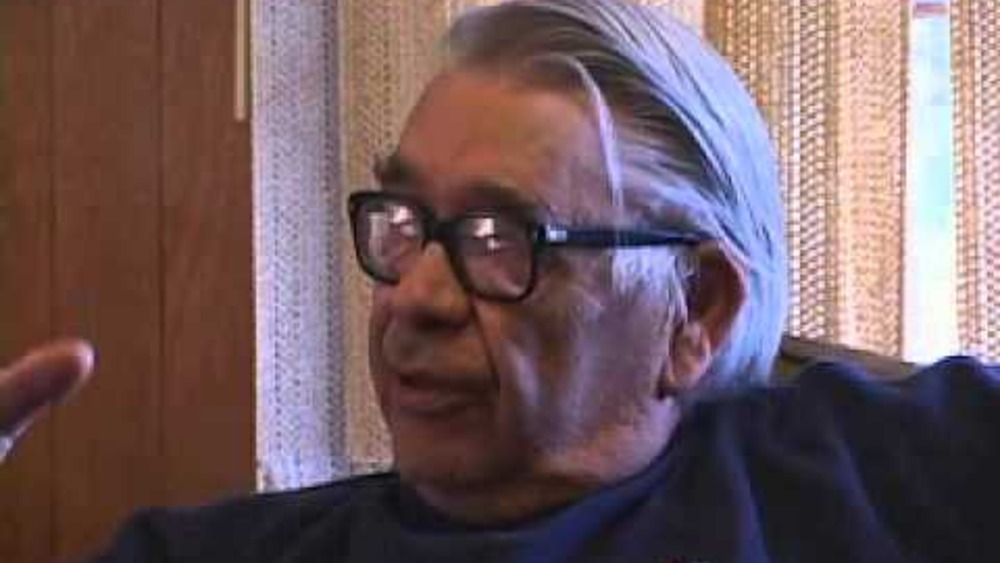
Vine Deloria's Last Video Interview
American Indian author, theologian, historian, and activist Vine Deloria, Jr. (1933-2005) talks with documentary film producer Grant Crowell about traditional Indigenous governance systems and criteria for citizenship, the impact of colonial policies on tribal citizenship (specifically the effects…
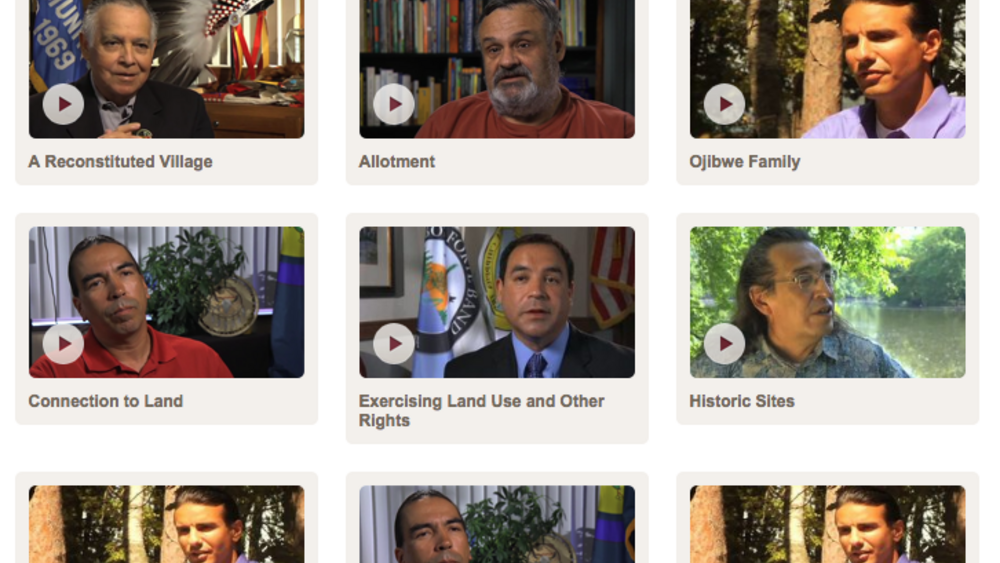
Why Treaties Matter: Video Gallery
This video gallery serves as a companion piece to "Why Treaties Matter - Self Government in the Dakota and Ojibwe Nations," a travelling exhibit on treaties between Dakota and Ojibwe people and the U.S. It features testimonies from Native nation leaders and citizens about many of the exhibit's main…

Why Treaties Matter (video)
This 15-minute video, produced by the National Museum of the American Indian, serves as a companion piece to "Why Treaties Matter - Self Government in the Dakota and Ojibwe Nations," a travelling exhibit on treaties between Dakota and Ojibwe people and the U.S. The film introduces the…
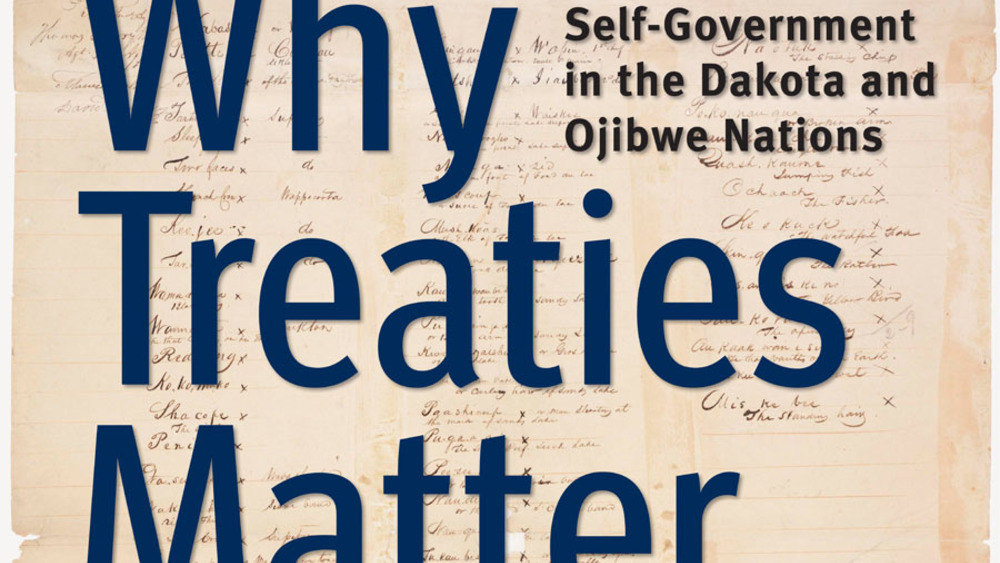
Why Treaties Matter: Relations: Dakota & Ojibwe Treaties
Ojibwe and Dakota people in what is now Minnesota signed dozens of treaties with the United States. Among these treaties are famous land cession agreements in which sovereign American Indian groups retained ownership or use of natural resources — land, water, timber, minerals — or transferred these…
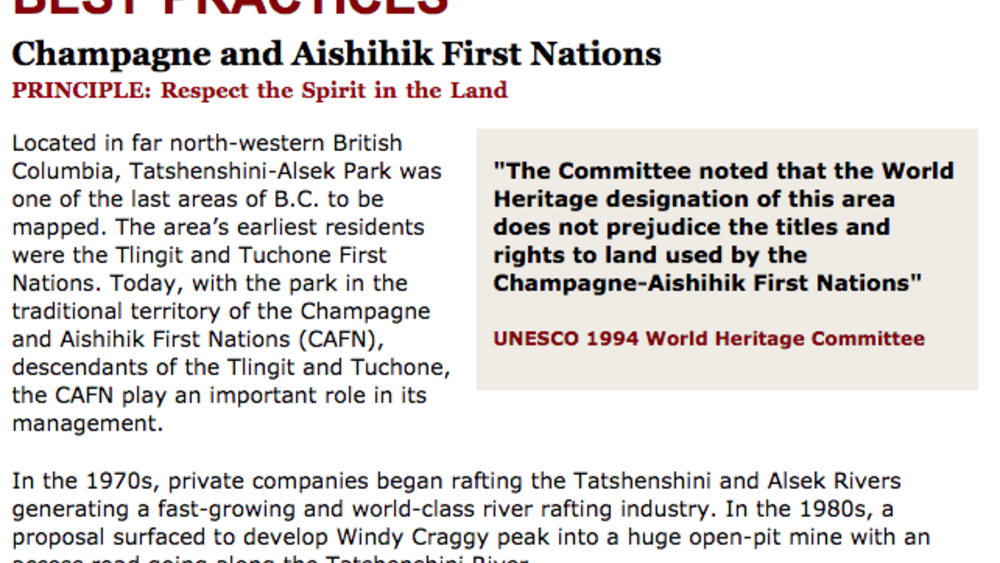
Best Practices Case Study (Respect the Spirit in the Land): Champagne and Aishihik First Nations
Located in far north-western British Columbia, Tatshenshini-Alsek Park was one of the last areas of B.C. to be mapped. The area's earliest residents were the Tlingit and Tuchone First Nations. Today, with the park in the traditional territory of the Champagne and Aishihik First Nations (CAFN),…
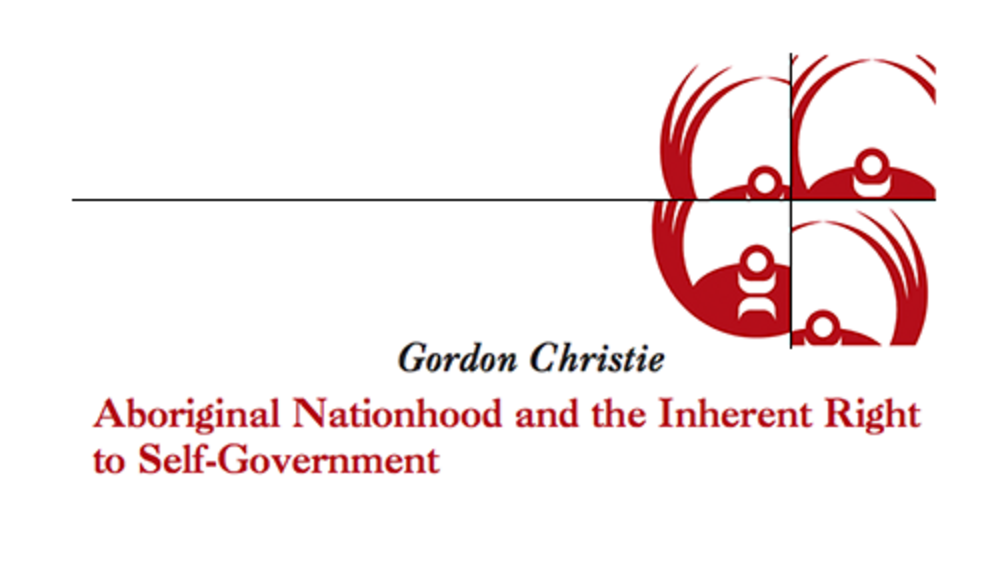
Aboriginal Nationhood and the Inherent Right to Self-Government
Canadian governments and courts recognize that pre-contact Aboriginal societies possessed their own legal and political systems and that to this day these nations have not surrendered the powers they fully exercised before colonial policies undercut their authority. …
